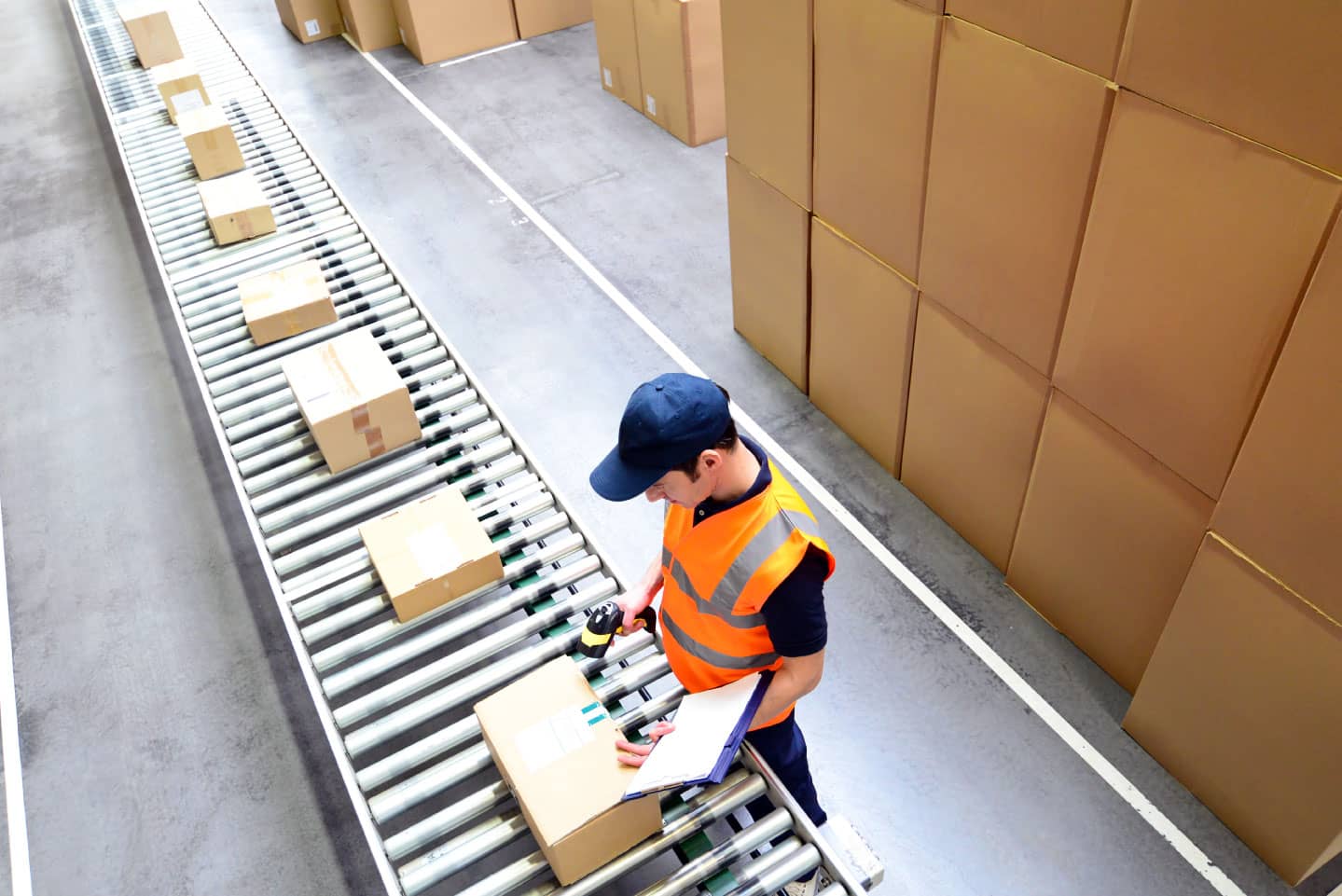Logistics is an extremely competitive segment, with high operational costs, financial risks, and significant capital investment that end up pressuring the sector's margins. Running along a still quite analog and inefficient road, the logistics company Freto, which operates as a digital carrier for low and medium value-added industries, achieved a 45% increase in its gross margin in 2024, also reaching business profitability.
After six years in the market, the revenue generated by the company was neither fully digital nor entirely traditional, as CEO Thomas Gautier likes to emphasize, explaining that the sector opens doors to technology when it sees value in practical knowledge, conveyed by professionals with real experience in the challenges of their businesses. So far, more than R$ 13 billion in freight has been transported, moving over 106 million tons across Brazil.
And one of the main logistical bottlenecks that Freto solves with innovation is the subcontracting of road freight. "Hiring a large carrier and that same company subcontracting another carrier is what we call outsourcing, quaternary outsourcing, and even quinary outsourcing. The result is the loss of control for the contractor, sometimes total, of the goods being transported. With Freto, the industry has 100% visibility of the operations of the carrier that moved the cargo," explains Gautier.
It's as if Freto acts as the Uber of industrial logistics, maintaining a qualified driver base and capable of handling all transportation stages for its clients – that's where technology comes in. Last year, the company grew its fleet base to 217,000 vehicles, serving over 3,300 cities in Brazil with a delivery effectiveness rate (SLA) of 99.9%. In 2024, the number of trips increased by 15%, surpassing 55,000 hires, a growth driven by continuous process improvement and the expansion of its customer base.
Focusing on steelworks, cement plants, and other raw material suppliers for construction, Freto saw its operations double in Minas Gerais, driven by the high demand from the mining sector. In 2024, the company invested in a new branch in the state. In addition to the Southeast, the logtech is also growing in the Northeast, a region that will continue to be part of the growth plans for 2025.
Scaling phase
Those who also liked Freto's performance and ability to balance the accounts were its investors (among them, the Edenred Capital Partners Fund and the Galló, Corrêa da Silva and Stumpf families) who at the beginning of 2024 contributed R$12.3 million in a follow-on, totaling R$34.8 million invested so far.
In the early years, the company focused on the MVP (Minimum Viable Product), testing the solution and validating the product's feasibility. This period was crucial to understand if the idea really made sense in the market. The goal was to validate the concept and refine the initial versions of the product, without losing sight of user needs and market demands.
“In 2021, we went through an important transition. We moved from the incubation phase to a more structured and independent business model. This change was marked by the search to solve the industry’s pain points and the creation of a scalable platform, capable of growing and remaining in the market in the long term. This process required a lot of planning, reflection and continuous adjustments, but it was essential to establish what we call “viable business models”, which provided the basis for our future”, says Gautier.
In 2024, Freto completed an important market opening phase, testing different revenue generation methods, understanding the associated costs, and mapping out how to make the model sustainable in the long term. Always maintaining a vigilant eye on the excellence of the service provided, safety in operations, and the reduction of costs and profitability for each client, each operation.
For 2025, the CEO believes that the economy will pose significant challenges to the sector. "The rise of the dollar and high interest rates are two of the main sources of tension. Unstable exchange rates can impact the cost of imported inputs and raw materials, making price forecasting difficult and increasing pressure on operational costs. Additionally, maintaining high interest rates tends to make credit more expensive, challenging companies' cash flow, which will need to adopt agile and innovative strategies to minimize the impacts of these economic variables, focusing on operational efficiency and strict cost management to maintain their competitiveness," he concludes.
About Freight
With the purpose of simplifying road logistics and moving truck drivers, Freto is a digital transportation company where the best truck drivers and the best loads from industries meet. An organization that was born 100% digital with technology and 100% rooted, based on the solid know-how of a team with years of experience on Brazilian highways, focused on combating the inefficiencies of the traditional model. Operating as a logistics tech company, the company eliminates subcontracting of fleets, increases the truck driver base, and manages all transportation stages with technology. These shipments are published by large producers of grains, sugar, steelworks, paper and pulp manufacturers, and cement companies, who use Freto's fleet of 217,000 vehicles to distribute their products throughout Brazil. Freights can be accepted within 1 minute, gaining agility, strengthening areas of operation, and reducing operational costs. Among the company's main pillars are the excellence of the services provided, safety in operations, and the reduction of costs and profitability for each client.
Since its founding in 2018 until the end of 2024, the company:
– Moved more than 106 million tons of cargo;
– Accumulated more than R$13 billion in freight effectively contracted and R$2.7 million in contracted cargo.











